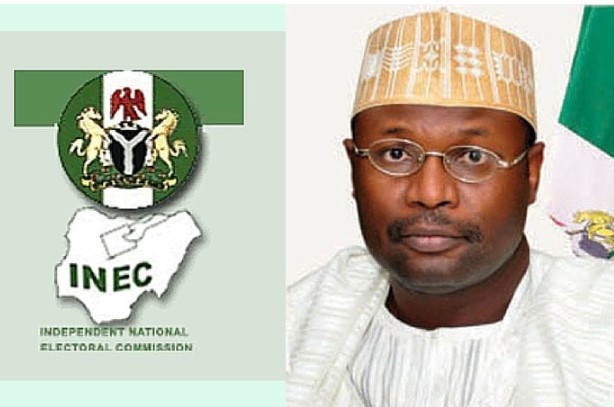INEC has explained why dead Nigerians can’t be removed from the voter register ahead of the 2023 general election.
Newsonline reports that the Independent National Electoral Commission (INEC) on Friday blamed its inability to remove the names of dead Nigerians from the nation’s voter database for the absence of adequate data of dead people.
This online news platform understands that INEC chairman, Prof. Mahmood Yakubu stated this when he received chairman of the National Population Commission (NPC), Nasir Kwarra, at the headquarters of the commission in Abuja.
He regretted that technology cannot assist the commission to identify and remove dead persons from the record.
Currently, 84,004,084 Nigerians are registered to vote but there are fears that the INEC register is grossly inaccurate due to the failure of the commission to expunge dead persons from it.
INEC and the NPC had in 2018 signed a Memorandum of Understanding that would see the NPC providing information of dead voters to the electoral umpire but not much has been achieved.
Yakubu explained that the commission had been conducting a periodical cleaning of the voter register by removing ineligible persons or multiple registrants from it using a combination of technology.
He maintained that although INEC has the largest biometric register of citizens in Nigeria complete with photographs and fingerprint information for voter authentication, there is a need to further enhance the credibility of the voter register.
The INEC Chairman, therefore, called on the NPC to periodically avail the electrical umpire data of deceased Nigerians for a proper clean-up of the register.
“Perhaps you may wish to start by availing us with the list of prominent Nigerians who have passed on, civil and public servants compiled from the official records of Government Ministries, Departments and Agencies and other Nigerians from hospital and funeral records across the country.
“We appreciate that this is a herculean task but that is partly why we have a NPC. We are confident that NPC has the capacity to do so. This information is critical for INEC to enhance the credibility of the National Register of Voters,” Yakubu told Kwarra.
Yakubu noted that the two commissions had embarked on one of the most imaginative and extensive inter-agency collaborations in Nigeria, which he said was in the area of delimitation of boundaries of electoral constituencies.
He recalled that officials of both agencies undertook a joint project to demarcate the boundaries of INEC’s Registration Areas (RAs)/Wards with NPC’s Enumeration Areas (EAs).
According to him, the idea of RA/EAD Project was to enable INEC easily delimit and periodically review electoral constituencies based on NPC’s figures whenever there is a new population census.
The INEC boss said, “This cannot be achieved without accurate population data. This is partly why no constituencies have been delimited in Nigeria since the last exercise was carried out 25 years ago in 1996 by the defunct National Electoral Commission of Nigeria (NECON).
“Working together with the Population Commission, we are determined to make a difference this time around, just as we solved the problem of voter access to Polling Units in Nigeria.”
He said the electoral umpire had. prepared and produced a discussion paper on Electoral Constituencies in Nigeria looking at the issues more broadly, including the imperative of a new population census.
“So far, within the framework of the RA/EAD project, we have jointly covered 261 LGAs nationwide. I am aware that NPC has covered more LGAs. Going forward, we are finalising a Memorandum of Understanding (MoU) which will be signed very soon,” Yakubu said.














